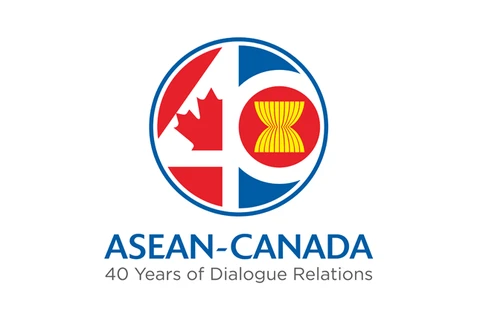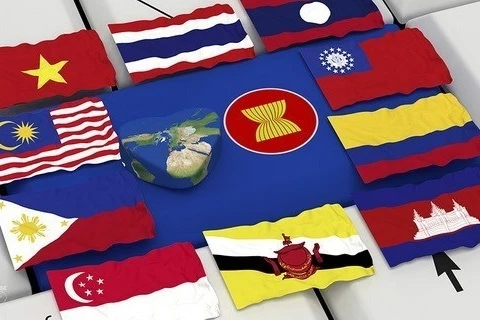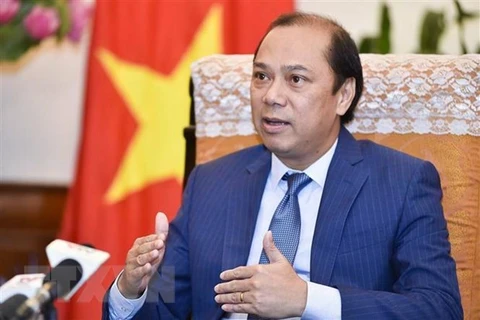Ottawa (VNA) – The Outlook for Indo-Pacific of the Association of Southeast Asian Nations (ASEAN) was at the focus of attention at a workshop in Ottawa, Canada on November 25, held by the ASEAN Committee in Ottawa.
Addressing the event, Indonesian Ambassador to Canada Abdul Kadir Jailani noted that the Indo-Pacific region is undergoing geo-political and geo-strategic changes, and Southeast Asia is at the centre of the region.
According to him, the world’s focus has shifted from North Atlantic to Indo-Pacific, and in this context, Canada should maintain a consistent and more active commitment to the region.
Prof. Julie Nguyen from the ASEAN Studies Centre under the York University, was of the view that the Canada-ASEAN ties will be more comprehensive when Canada is more involved in the peaceful settlement of disputes in Indo-Pacific to promote navigation safety and security.
Participants said Canada and ASEAN could conduct technical cooperation to protect the livelihoods and safety of fishermen communities in the East Sea, and assist with the preservation of marine environment and bio-diversity.
In the economic field, Canada and ASEAN can work together in science-technology, research and innovation. Canada can support ASEAN in implementing its Economic Community Blueprint 2025 and free trade agreements, including the Comprehensive and Progressive Agreement for Trans-Pacific Partnership (CPTPP).
Canada has been a dialogue partner of ASEAN since 1977. It has provided 2.7 billion CAD (around 2.03 billion USD) in development assistance to ASEAN and the grouping’s member countries.
ASEAN is currently the sixth largest trade partner of Canada, with two-way trade reaching 25 billion CAD (18.8 billion USD) in 2018.
The regional organisation groups Brunei, Cambodia, Laos, Indonesia, Malaysia, Myanmar, the Philippines, Singapore, Thailand and Vietnam./.
























